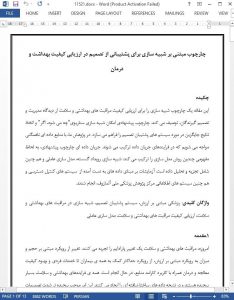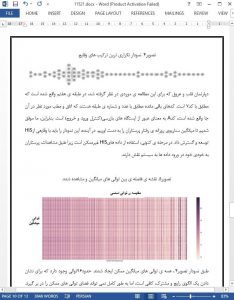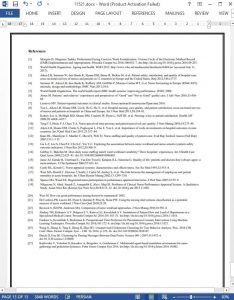Abstract
This article describes a simulation framework for healthcare quality assessment from the perspective of management and corresponding decision-makers. The proposed framework will allow simulating “what-if” scenarios and getting alternative outcomes in case of decision support systems. In our research, we are dealing with heterogeneous data sources, which combine within data-flow processes. The data flow of the presented framework conceptually combines several modeling methods: discrete-event simulation, agent-based modeling and also includes data analysis. The experiments were executed based on data from the Almazov National Medical Research Centre hospital information and access control systems.
1. Introduction
Nowadays, healthcare is experiencing a paradigm shift. There is a transition from the volume-based to valuebased approach, from maximum assistance to all patients to individual service and care quality improvement along with efficient usage of resources. All healthcare processes become even more complex and consequently generate even more unstructured data. It makes management decisions more complicated. Existing HIS do not always allow proper decision-making support for medical professionals [1]. Therefore, in conjunction with extending of practical application and integration of HIS, it is important to develop new methods and technologies to support decisionmakers within the paradigm of personalized medicine. The implementation of high-quality and well-timed decisionmaking support is only possible when using results of analysis of already existing data, and obtaining new knowledge based on the performed analysis.
5. Future works
In the future, it is planned to develop a mechanism for updating individual schedules of nurses by analyzing text data from EHR using text-mining methods. It is also necessary to obtain additional survey data for a more accurate assessment of the work of nurses. Finally, it is possible to extend the data set using RFID sensors. Also, we plan to use the annual dynamics data analysis from ACS and include some external data in our framework.










